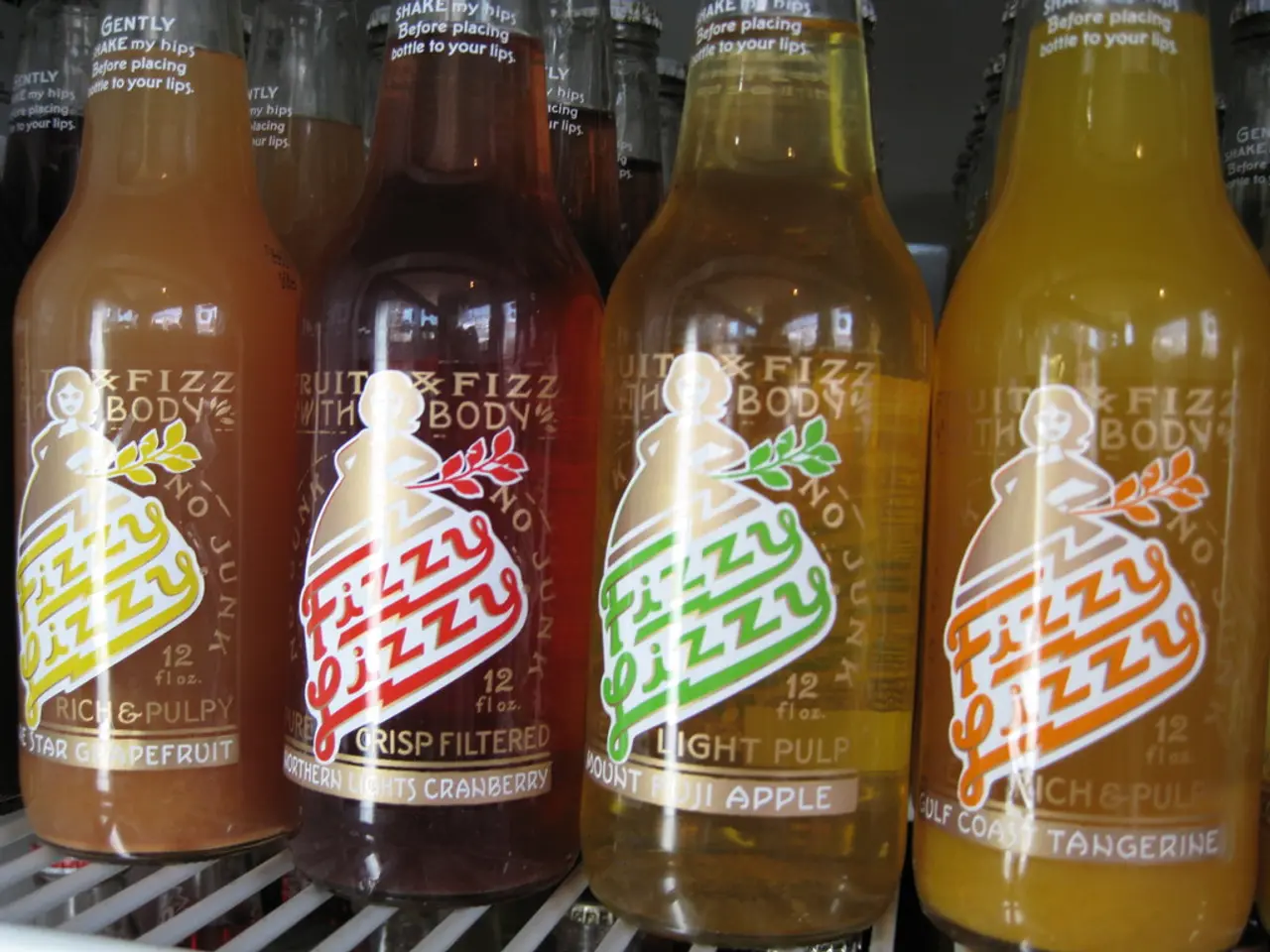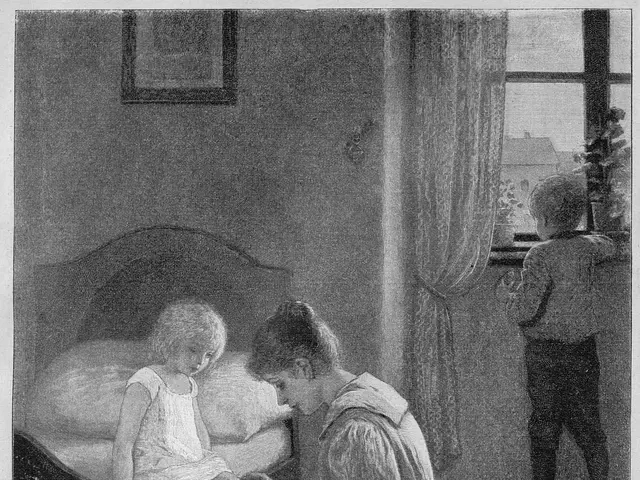Daily Consumption Habits for Seniors: Salt Pastries, Water Mist, and Consistent Hydration Strategies
Weekend Wisdom: Staying Cool in the Summer Heat
Hot summer days can be a workout for anyone, but the elderly and those in need of care need to be extra cautious, according to the German Environment Agency's "heat guide." As we age, our bodies have a tougher time dealing with the heat for several reasons:
- Our thirst sensation decreases, leading to insufficient hydration.
- Certain medications, such as those for heart or kidney conditions, can have a diuretic effect.
- The body's temperature regulation slows down, making it less efficient at cooling itself.
Prof. Dr. Bernd Böttiger, the Federal Physician of the German Red Cross, warns that this can make it easier to overheat or become dehydrated in high temperatures. On sweltering days, it's essential to look out for yourself and others, particularly those living alone.
Here are some practical tips for handling summer's heatwave:
1. Hydrate, Be Mindful of Urine Color
Keep sips of water coming every 15 minutes or take a full glass every two hours. For the elderly, aim for two to three liters in total during hot days. However, those with heart or kidney conditions should consult their doctor, as the recommended amount may vary.
Sick of water? Spice things up with diluted fruit juices, or opt for unsweetened herbal teas. Remember, drinks should be cool but not icy to prevent stomach upset. Notice your urine color throughout the day – if it's light yellow, that's a good sign. Otherwise, you may need to drink more.
2. Light Bites and Salty Snacks
Stick to a light and easily digestible diet on hot days. Vegetables and fruits like cucumber, melon, strawberries, or peaches are great choices. Salty snacks are also a good idea since they stimulate thirst and help maintain the body's salt balance.
3. Keep Your Cool
Feeling hot? Simple measures can offer some relief. Developed medical expert Böttiger suggests placing a wet towel on your arms or legs, taking quick foot or hand baths with cool water, or spraying water on your skin with a bottle. Use a fan to create a cooling breeze. And don't forget to keep your home as comfortable as possible.
4. Dress for Success
Wear light colors and loose fits on hot days since they reflect sunlight and promote air circulation. Opt for natural fabrics like cotton or linen to promote better airflow and minimize heat retention.
Those who require care may want to choose breathable materials like net pants with an insert instead of incontinence pants coated with a film. For bedridden individuals, breathable bedding made from materials like cotton or linen is crucial.
Recognizing and Responding to Warning Signs
Certain warning signs can indicate that the body is overheating or becoming dehydrated. Some red flags to look out for include sudden symptoms like dizziness, weakness, rapid pulse, headache, restlessness, confusion, or losing consciousness. If you or someone you know is experiencing these symptoms, seek help immediately.
Move the person to a cool location, provide them with water, and contact emergency services on 112 if necessary. Keep an eye on your well-being and that of others during hot days, and make the most of community resources such as libraries, malls, movie theaters, and senior centers to stay cool.
1. Science and Health-and-Wellness: Pay attention to the body's dietary needs during hot weather, as our thirst sensation decreases with age, making it essential to stay hydrated for health reasons.
2. Fitness-and-Exercise and Mental-Health: Engage in light exercises or activities to maintain fitness level, but also focus on activities that promote mental well-being, such as reading books or engaging in mindful practices in air-conditioned environments.
3. Nutrition and Aging: Choose the right foods to consume during summer days, selecting easily digestible options and flavors like fruits and vegetables to promote hydration and maintain the body's salt balance as we age.
4. Therapies-and-Treatments and Clothing: Implement cooling therapies and clothing choices for the elderly, such as using wet towels or cool foot baths to alleviate heat stress and wearing breathable fabrics, to promote comfort and temperature regulation.








